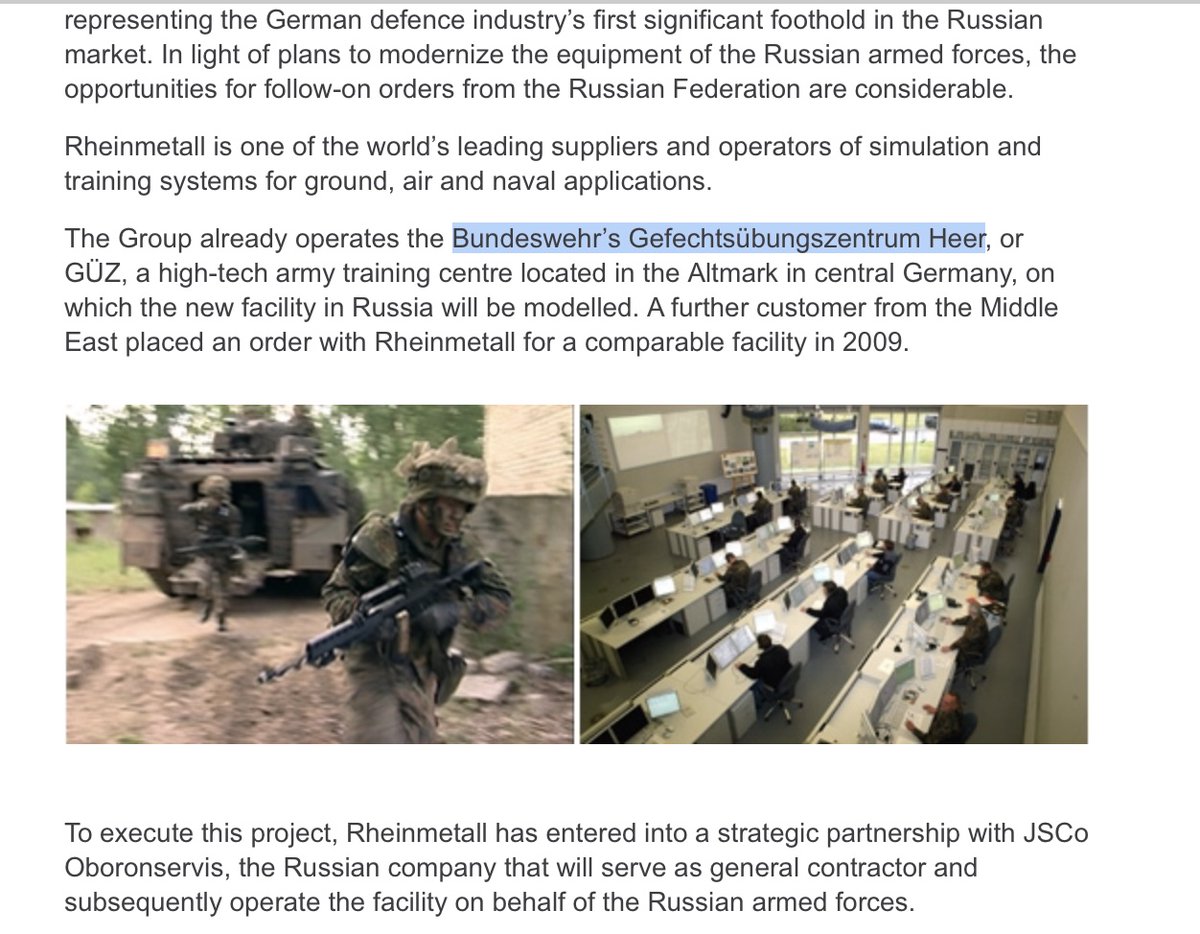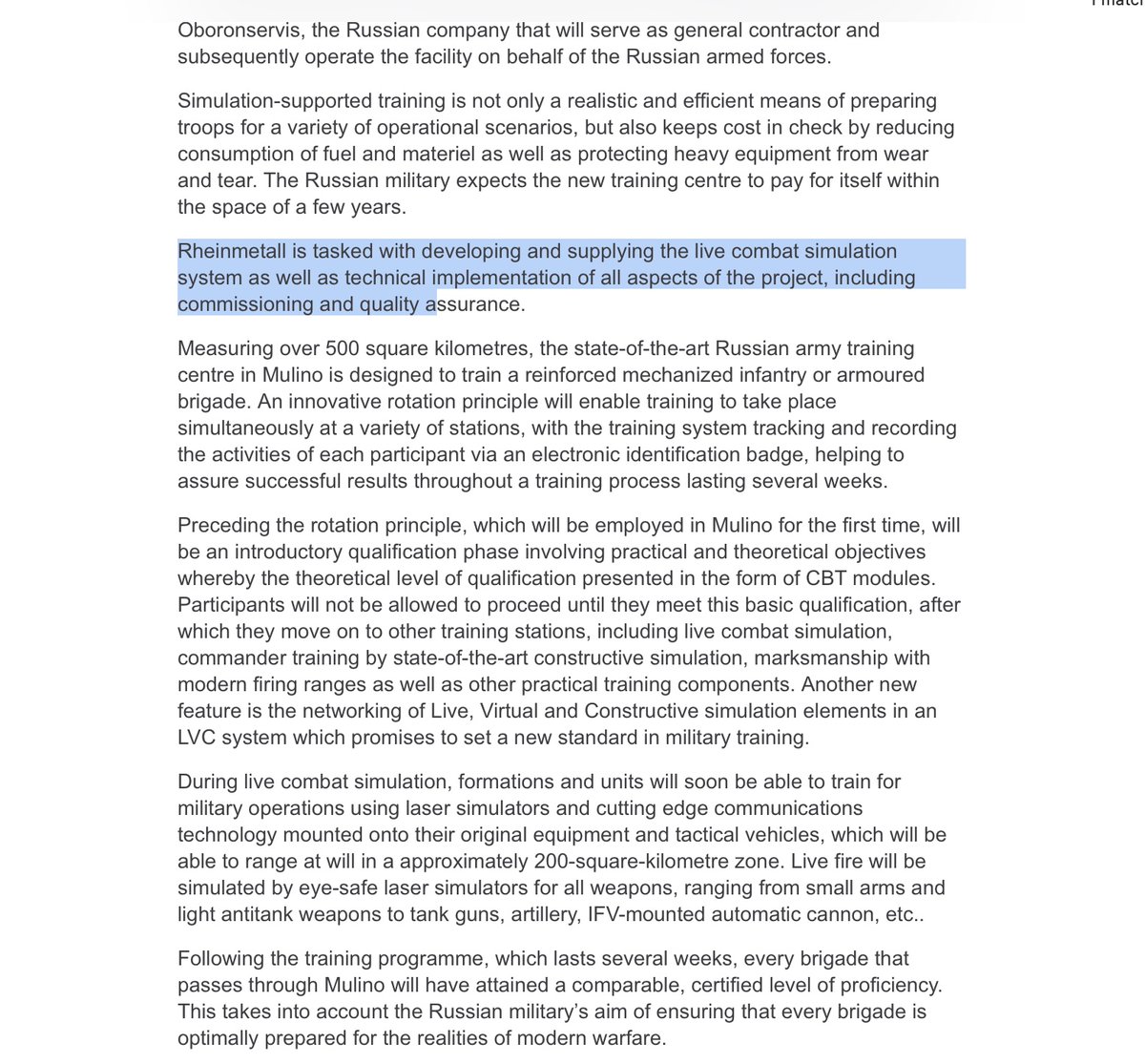
The war in Ukraine and the regional divergence in Russia
1. It will be a long war
2. Hostilities can be localised or interrupted with ceasefires. Doesn't matter. The fighting will resume again. And again
3. Contrary to the popular opinion, it will be Russia that breaks first🧵
1. It will be a long war
2. Hostilities can be localised or interrupted with ceasefires. Doesn't matter. The fighting will resume again. And again
3. Contrary to the popular opinion, it will be Russia that breaks first🧵

4. Russian regime is hard and fragile
5. Regime consists of courtiers and barons: central and regional elites
6. Courtiers have the upper hand when the regime is strong, barons - when it's weak
7. Many courtiers have personal interest in the military victory, but barons don't
5. Regime consists of courtiers and barons: central and regional elites
6. Courtiers have the upper hand when the regime is strong, barons - when it's weak
7. Many courtiers have personal interest in the military victory, but barons don't
8. You can't judge official's view by his public stance. That's dumb. Only private stance matters
9. Lots of courtiers over 35 genuinely support the war
10. Almost no regional barons genuinely support the war. But there's a major exception in the South
9. Lots of courtiers over 35 genuinely support the war
10. Almost no regional barons genuinely support the war. But there's a major exception in the South
11. The war led not only to the general economic downturn, but also to the massive regional divergence in Russia
12. Most of the regions lose, but they lose unevenly
13. In the past the center was an arbiter, redistributing resources from winners to losers. Now it won't
12. Most of the regions lose, but they lose unevenly
13. In the past the center was an arbiter, redistributing resources from winners to losers. Now it won't
Biggest Losers in European Russia:
13. Large industrial & machinery cluster on Volga. Tatarstan, Samara, Ulyanovsk
14. The window to Europe in the Northwest. St Petersburg, Karelia, Pskov
15. The North. Arkhangelsk and the ancient Pomorye country. The old window to Europe
13. Large industrial & machinery cluster on Volga. Tatarstan, Samara, Ulyanovsk
14. The window to Europe in the Northwest. St Petersburg, Karelia, Pskov
15. The North. Arkhangelsk and the ancient Pomorye country. The old window to Europe

One of the biggest economic losers in Russia is the major machinery cluster on Volga. Tatarstan, Samara, Ulyanovsk are three regions with very similar economic model. They focused on improving the investment climate and attracting the FDIs. Obviously, they are being obliterated 

Another loser is the North, which broadly overlaps with the borders of Pomorye land. Until 1703 it was the richest, the most commercially oriented part of Russia and of course the main taxpaying region. Even now Arkhangelsk was one of the most FDI-dependent regions in the country 

Finally, it is the modern window to Europe, the Northwest that is especially affected employment-wise. St Petersburg economy was heavily oriented to Europe and those of nearby regions - on Europe and the megapolis of St Petersburg 

Winners
14. Agrarian producers. With the food prices increased agrarian barons of Krasnodar or Rostov may have even benefitted. Plus they're involved in plundering Ukraine
15. Cannon fodder suppliers. Dagestan or Astrakhan are doing well, because the extra males went to Ukraine
14. Agrarian producers. With the food prices increased agrarian barons of Krasnodar or Rostov may have even benefitted. Plus they're involved in plundering Ukraine
15. Cannon fodder suppliers. Dagestan or Astrakhan are doing well, because the extra males went to Ukraine

We see a massive regional divergence in European Russia. Baronial groups that focused on the machinery or the FDI attraction lose massively. However, the barons of the poorest regions may even benefit by selling their surplus population as the cannon fodder to Putin 

Interestingly enough, we see the negative correlation between the good unemployment situation of a region and its level of economic complexity. Check this map. The most complex regions are doing the worst, while the least complex - the best researchgate.net/figure/c-RIA-i… 

And yet, cannon fodder suppliers don't export anything. The only regional interest group that was interested in prolonging the war were the agrarian barons of the South. First, they obliterated their Ukrainian competitors. Second, they were involved in plundering Ukraine
Third, they benefited from the food prices going into the stratosphere till this month. They had every reason to support the policy of Kremlin. And yet, now food prices are crashing. Which means their export profits will decrease and even worse, expropriated by Kremlin 

With prices on almost all commodities dropping Kremlin will be forced to expropriate the export earnings of southern agrarian barons. It could let them cash out when the oil was expensive but now it just can't afford that. Which means agrarian barons will join the ranks of losers
Which leaves Kremlin with the only baronial group having a genuine interest in supporting its policies. The cannon fodder suppliers. But their loyalty is assured only for as long as the Kremlin can pay them. With the commodities going down, this is far from guaranteed. End of 🧵
Sources:
Central Bank and the CSR (Kudrin-led pro-Kremlin think tank) as well as the HH recruitment company statistics are open, anyone can access them. I used one more source, but not gonna name it. Also it's unpublished yet
Central Bank and the CSR (Kudrin-led pro-Kremlin think tank) as well as the HH recruitment company statistics are open, anyone can access them. I used one more source, but not gonna name it. Also it's unpublished yet
• • •
Missing some Tweet in this thread? You can try to
force a refresh









